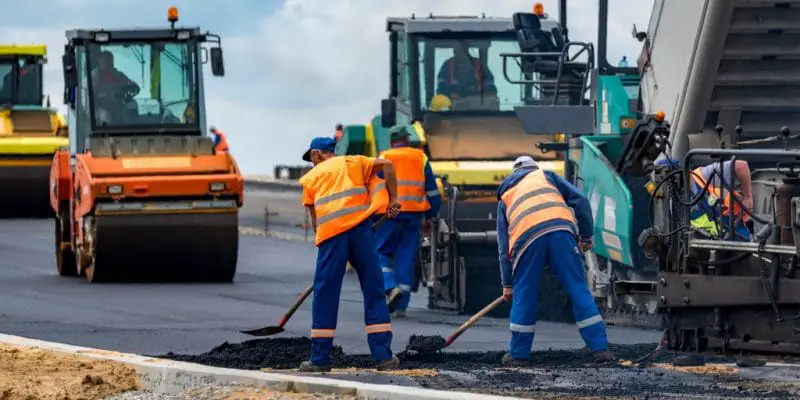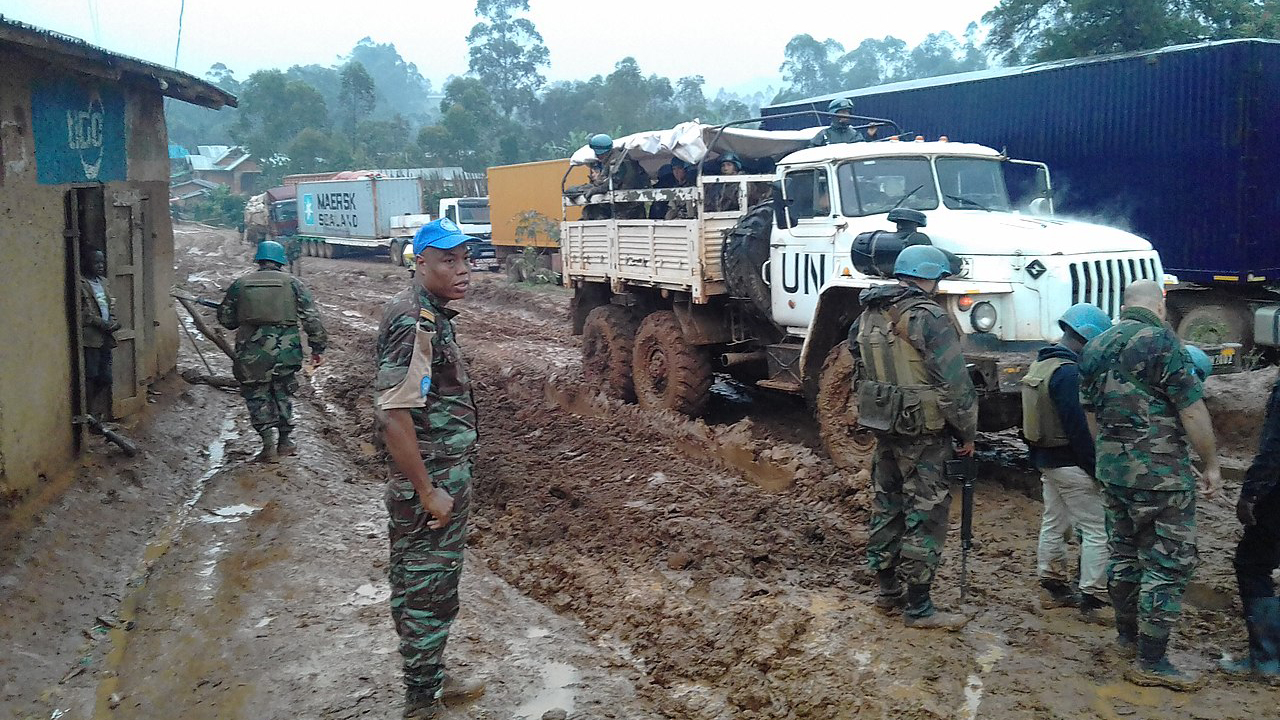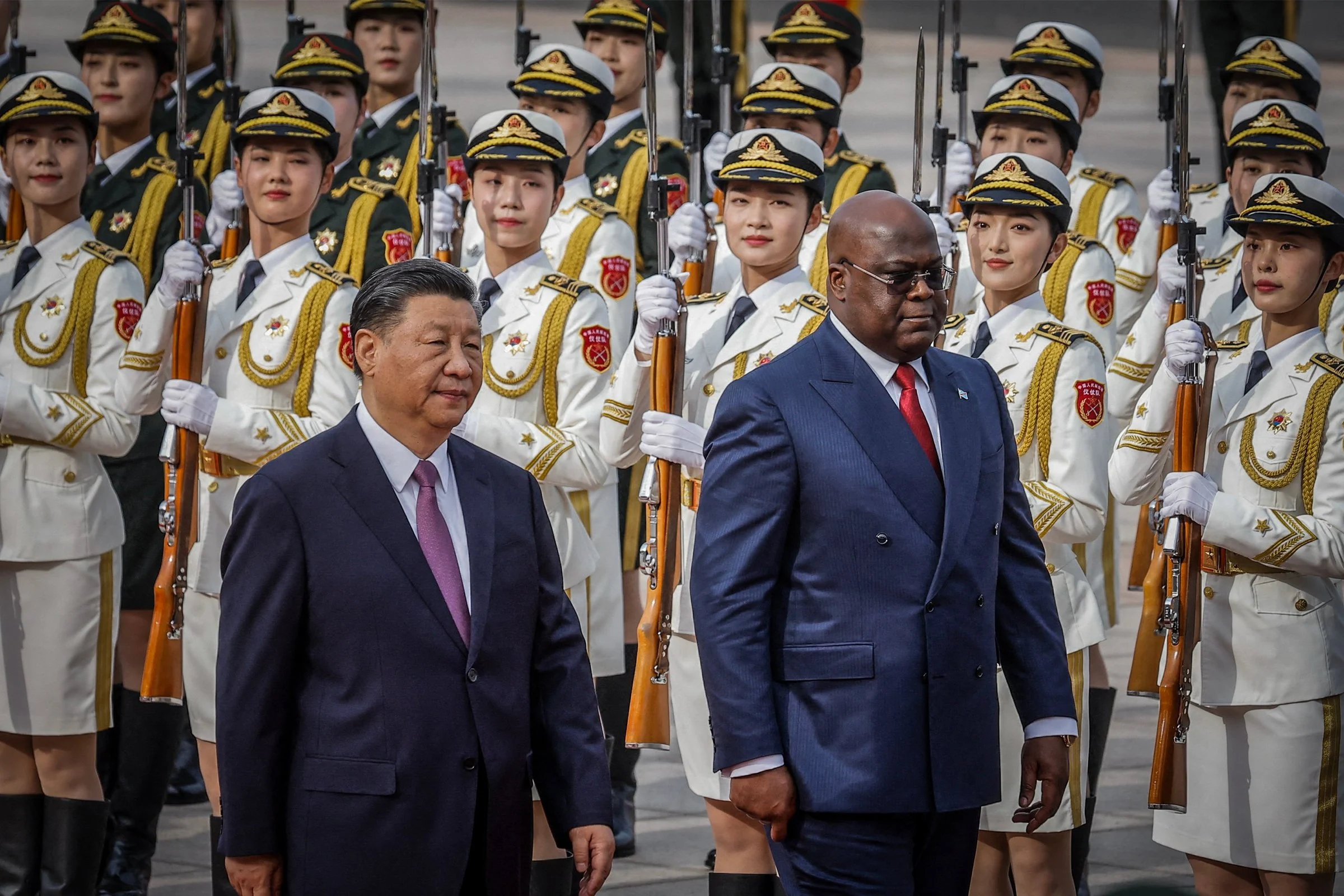After agreeing on a multi-billion-dollar mining swap deal, two Chinese contractors started building major roads in DRC. The firms agreed with the Democratic Republic of the Congo (DRC) in a $7bn deal that swaps infrastructure for a share in the country’s copper and cobalt mines. The Chinese firms, a joint venture of Sinohydro and China Railway Group, have broken ground on three road projects as part of a deal. Astoundingly, the deal was signed 16 years ago, then radically renegotiated in February last year. Various news outlets in China report that the companies have established a $300m project to build a 63km ring road around the capital. The construction of the ring in Kinsasha is set to improve traffic flow in the fast-growing city of 17 million.
The Scope of the Infrastructure Deal in Africa’s Second-Largest Nation
The scope of the infrastructure deal in the DRC mining swap deal seeks to improve its transport sector immensely. The Democratic Republic of Congo has focused on ensuring the construction of major roads is achieved under the new deal. Firstly, in the resource-rich southeastern province of Lualaba, the joint venture will widen and pave a 900km dirt road between the village of Mbuji Mayi and Nguba.It’s part of the N1 highway linking Kinshasa and Lubumbashi, the DRC’s mining capital.

Furthermore, the scope entails a third scheme to upgrade the 230km road between Kananga and Kalamba Mbuji. Speaking at the ring-road groundbreaking ceremony, China’s ambassador to the DRC, Zhao Bin, said the agreement was “a road to prosperity for the Congo and the Congolese people.” “As the first project of the new phase of Sino-Congolese cooperation, ‘resources for projects,’ I am confident that it will become a new landmark of Kinshasa and a new symbol of Sino–Congolese cooperation in infrastructure,” he added.
Also read
The State of Affairs Regarding the MultiBillion DRC Mining Swap Deal
The DRC mining swap deal with Chinese firms comes during a tumultuous time. The projects follow the resolution of a dispute over an agreement reached in 2008 between the two Chinese companies and the regime of Joseph Kabila, who left office in 2019. The agreement elucidated the Chinese companies building $3bn worth of roads and railways. It also included schools, hospitals, and dams in exchange for a 68% stake in Sino Congolaise des Mines (Sicomines). This joint venture was between the contractors and Congo’s state mining company, Gecamines.
It gave the Chinese access to a copper and cobalt mine in Kolwezi in the southeastern DRC. However, the government of Felix Tshisekedi sought to renegotiate the deal on different grounds. They noted that the value of the mineral rights came to more than $3bn. The Congolese side demanded an additional $17bn in investment, based on a DRC state audit office report. The case was resolved when the Chinese side agreed to increase its investment to $7bn.
The Deal as a Diplomatic Entourage Between the Two Nations
The DRC mining swap deal between the nation and Chinese firms may be seen as a diplomatic entourage. A statement from Tshisekedi’s office after the groundbreaking ceremony said the renegotiated deal made the Kinshasa Ring Road possible. Tshisekedi has pushed for an overhaul of mining contracts he said had been “poorly negotiated” under his predecessor Joseph Kabila. Furthermore, he raised the issue when he visited China last year. The DRC supplies more than 60% of China’s cobalt for batteries for EVs and electronics, making the African country a player in Chinese manufacturing.
Also read:
